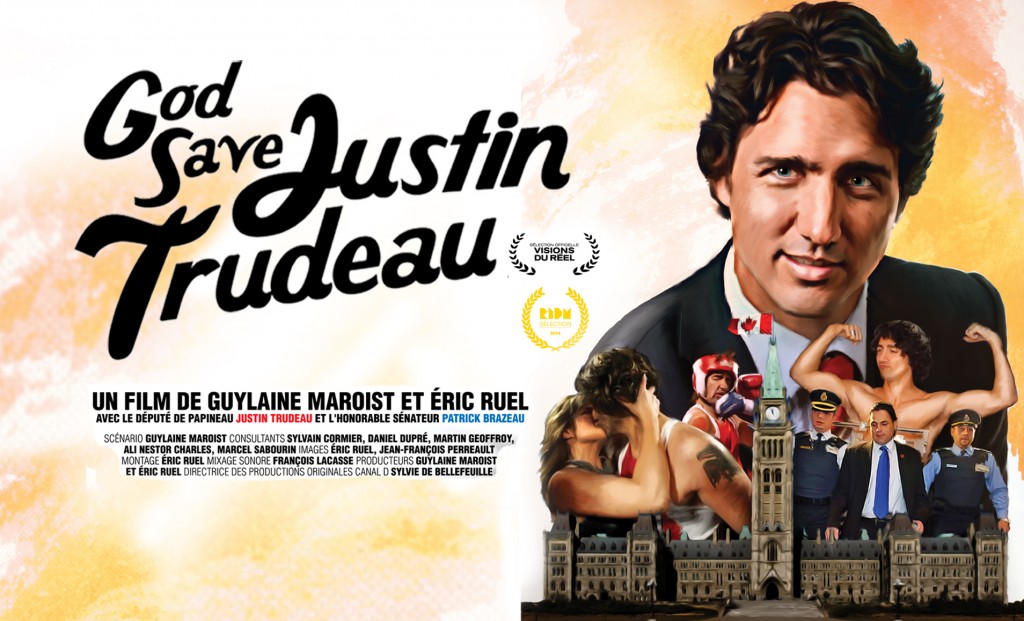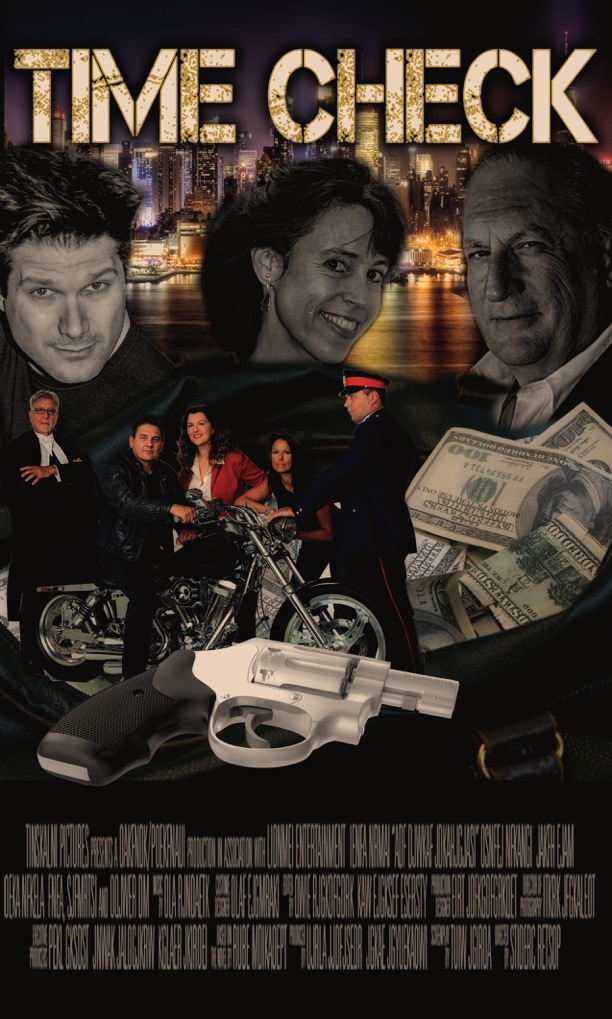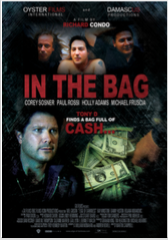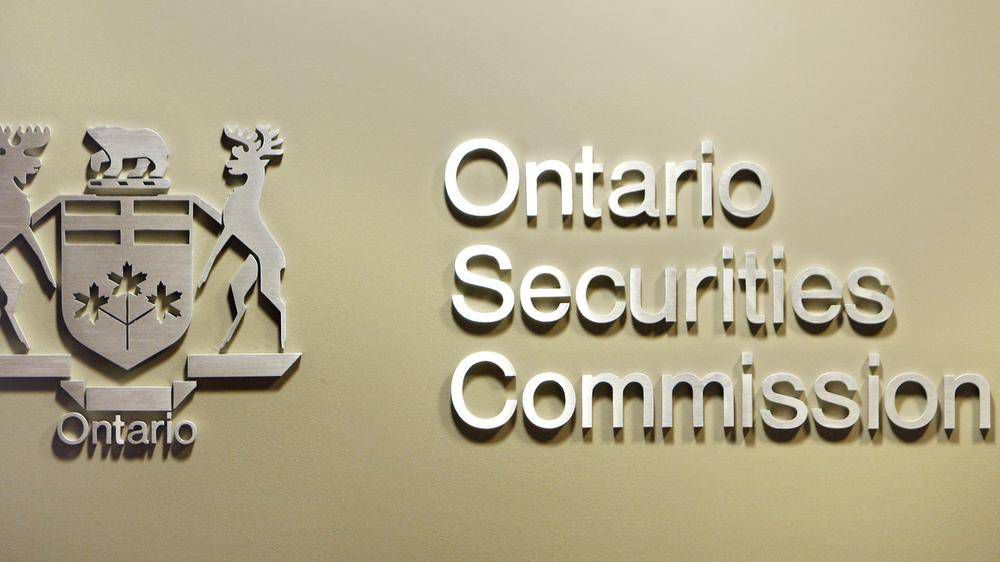Canadian politicians who insist we need stricter identification requirements for voting in general elections are often dismissed as cranks, or simply partisans looking to suppress unfriendly votes. And indeed, there seems to be remarkably little evidence of voter fraud occurring in Canada: Who can forget Conservative MP Brad Butt’s claim in the House of Commons to have seen evil campaigns scooping up discarded voter cards in apartment building lobbies to be distributed to fraudulent voters, only to “clarify” later that it was something someone told him “anecdotally?” (People say a lot of stuff anecdotally in politics.)
But the Ontario Progressive Conservatives are currently coming to grips with a far more complex and devious scenario: it is alleged that someone stole 60,000 names, addresses and phone numbers from the privately-owned Highway 407 ETR’s internal systems and distributed or sold the data to a couple of dozen candidates in GTA nomination races. Those campaigns then sold fake party memberships under the stolen names, mocked up identification that met the party’s requirements (which do not include photo ID), and paid international students $200 a pop to vote under these fraudulent identities.
That’s the story, anyway; and for now, that’s all it is.
The most incredible thing about it, though, is how plausible it is. Whereas it is difficult to imagine someone attempting voter fraud on such a scale in a general election, it’s not at all when it comes to local ridings and party leadership campaigns.
Amidst the chaos of Patrick Brown’s departure, when the PCs’ membership list was revealed to be an unholy mess, people within the party would often chuckle ruefully about “fake Sikhs” and other questionable-to-fraudulent populations that had shown up during the previous leadership campaign. The tone of these conversations, generally, was “s–t happens, what are you gonna do?”

Similar allegations dogged Maxime Bernier’s campaign for the federal Conservative leadership, in which he was aided by several veterans of Brown’s leadership campaign. This rumoured scheme involved signing up members without their knowledge, paying with prepaid credit cards. A supporter of Kevin O’Leary’s campaign, meanwhile, was accused of straight-up buying people memberships.
All the other candidates swooned in supposed shock. The party ended up cutting 1,300 names from the membership rolls. But then it was all water under the bridge — except perhaps for Bernier, who has (credibly) accused Andrew Scheer of winning thanks to “fake Conservative” voters who really just wanted to protect supply management in the dairy industry.
This sort of behaviour is hardly new. During the Canadian Alliance leadership race in 2000, candidate Tom Long famously apologized for his organizers in Quebec signing up hundreds of fake members.
It’s bananas. It’s Third World nonsense
“You have to do it properly,” an unnamed senior Conservative told the National Post’s Sheldon Alberts then, amazingly. “You have to secure a name of a dead person and (register) that name (with) a known friendly address … and after that you can phone in. But the Gaspé guys thought they could make a fast buck by registering false individuals.”
I don’t know if this is more of a problem in conservative parties, or whether we just hear more about it for some reason. But it’s bananas. It’s Third World nonsense. And an astonishing number of partisans seem willing to tolerate it with a nudge and a wink — the way it’s always been, you know? This is behaviour that would quite rightly land people in prison during a general election.
How much practical difference it makes is open for debate. A “real” Conservative voter who has no interest whatsoever in the Conservative Party of Canada beyond protecting his dairy concern isn’t all that much faker than a “fake” Conservative voter who’s sitting at home in blissful ignorance while someone else votes in his name. But surely this just highlights the insanity of this model of grassroots participation: sell as many memberships as you can, however you can, seeking no commitment other than to vote for the guy selling it for whatever office he’s seeking. How could that not lead to bad results?
The Ontario Tories have been on a wild ride since Brown’s meltdown. It may yet culminate in a thumping majority government. But if any party has cause to take a second look at this membership model, it’s them. If this 407 ETR scam is borne out in the next couple of weeks, it could leave a heck of a bruise.
• Email: [email protected] | Twitter: 





















